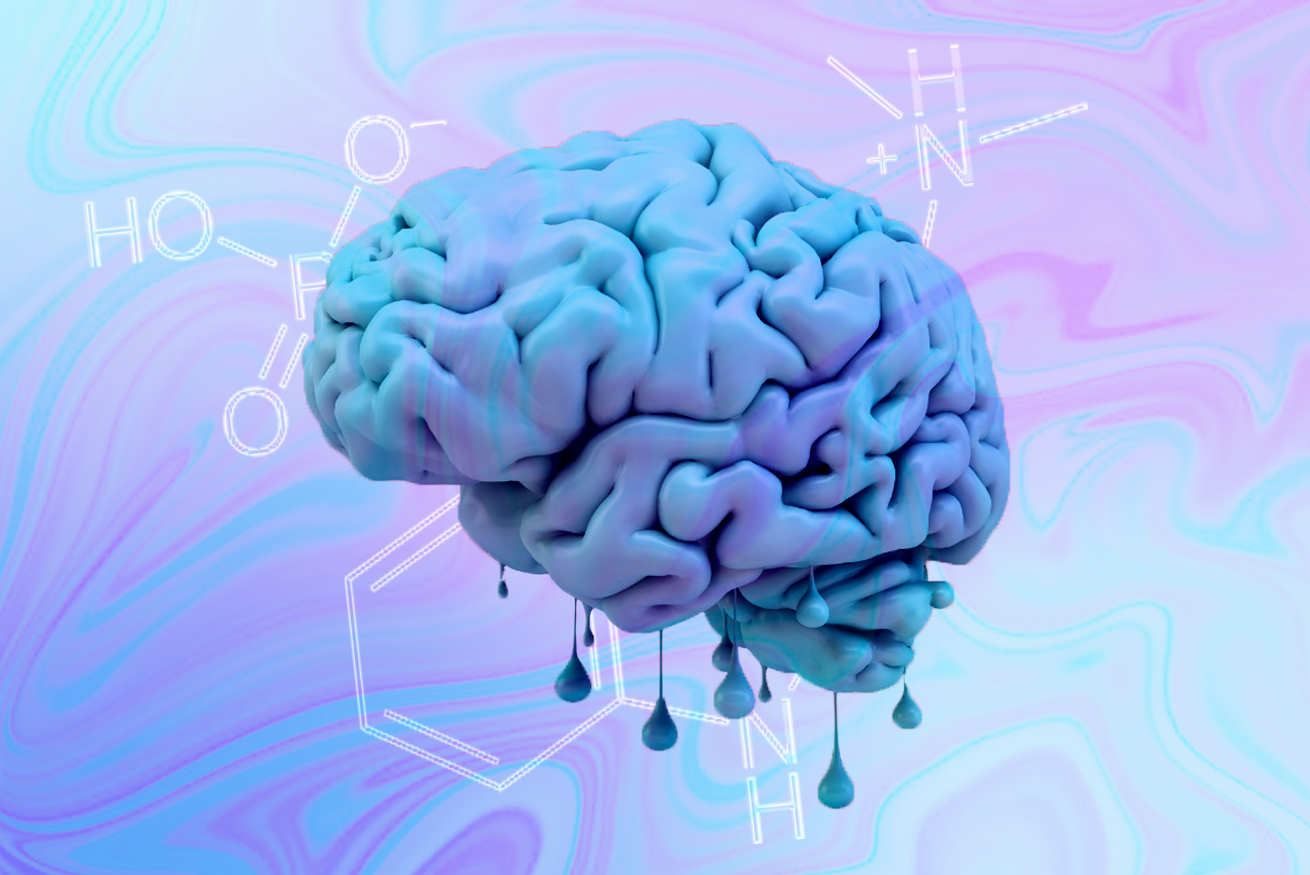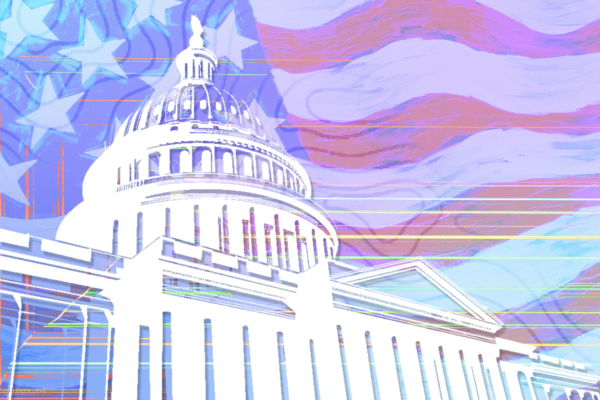
From the Beatles to Lil Nas X to Jaden Smith, it’s no secret that many artists and performers use psychedelics to enhance their creativity. But is the same also true for scientists?
A recently published review in the journal Drug Science, Policy and Law entitled “Psychedelics as potential catalysts of scientific creativity and insight” argues that psychedelics have already played a very important role in modern scientific discovery, and lays the foundation for assessing the role of psychedelics in future scientific discoveries.
Why Do the Best Ideas Always Come to Me while I’m Distracted?
Have you ever noticed that the most creative ideas come to you when you’re distracted or daydreaming? There’s a reason for that. According to the review, “The current article proposes that the dream, hypnagogic and psychedelic states share common features that make them conducive to supporting some aspects of scientific creativity…” And beyond that, “The psychedelic state may have its own characteristic features making it amenable to creativity enhancement, such as brain hyperconnectivity, meta-cognitive awareness… and potential for eliciting sustained shifts in trait openness.”
“The creative process has been linked to accessing unconscious states rather than being limited to conscious thought, such as during reveries when the mind is more likely to wander freely and fluidly and without censorship.”
The review posits that being able to sustain a prolonged altered state is the very mechanism that gives psychedelics such high creative potential. Before psychedelics, fleeting episodes of depersonalized insights would come in dreams, fevers, or fits of reverie. But in the psychedelic age the hypnagogic state, a borderline state between waking and sleeping, can be programmed and finely tuned to achieve prolonged periods of detached insight compatible with scientific creativity.
How Do Psychedelics Promote Creative States?
Psychedelics like LSD and psilocybin disrupt serotonin pathways responsible for synchronizing cortical activity and filtering out distractions and background noise. According to the review, the action of reducing sensory gating at the thalamus “may provide a rich ground for new insights and perspectives, allowing greater access to unconscious material that is more unprocessed, uncensored and unconstrained.”
By taking the brakes off of the imaginative mind, psychedelics allow a free flowing stream of unfiltered consciousness to enter into perception, creating a cascade of new ideas unconstrained by prior beliefs or assumptions. Many of these ideas may be surreal or abstract or absurd, but some of them have the potential to be pure genius.
How Have Psychedelics Influenced Scientific Discovery?
The entire field of psychopharmacology owes a great debt to psychedelics for unlocking some of the unique and essential features of the serotonergic system. Many chemists, including Alexander Shulgin, David Nichols and Hamilton Morris, credit their passion for chemistry and psychopharmacology to an early exposure to psychedelics. Biochemist Kary Mullis won a Nobel Prize for developing a new polymerase chain reaction (PCR) technology, an insight he ascribes to LSD. Many academics running labs have been influenced by psychedelics, and many students currently studying neuroscience and psychopharmacology have been influenced by psychedelics.
In addition to advancements in chemistry and psychopharmacology, the review also describes how psychedelics have played an important role in the development of digital technology. For example, Apple founder Steve Jobs said that experimenting with LSD was one of the most influential experiences of his life. Likewise, “Noteworthy computing pioneer Douglas Engelbart was administered LSD as part of a study… investigating how psychedelics might influence creativity. He went on to introduce a score of major technical innovations, including the computer mouse…” as well as the Mother of All Demos, which predicted email, teleconferencing, the internet, and social media 30 years ahead of its time.
What Is the Future of Psychedelic Discovery?
Humanity is facing many challenges, and one of those challenges is stimulating the imagination to find novel ways to overcome adversity. This review argues that given the proper set and setting, a space could be made in academia and private research for engineers and troubleshooters to explore psychedelic approaches to problem solving. The review concludes, “Given the centrality of science to human progress and well-being, developing a scientific culture that consciously facilitates methods to catalyze creativity could potentially yield wide-scale societal benefits.”





